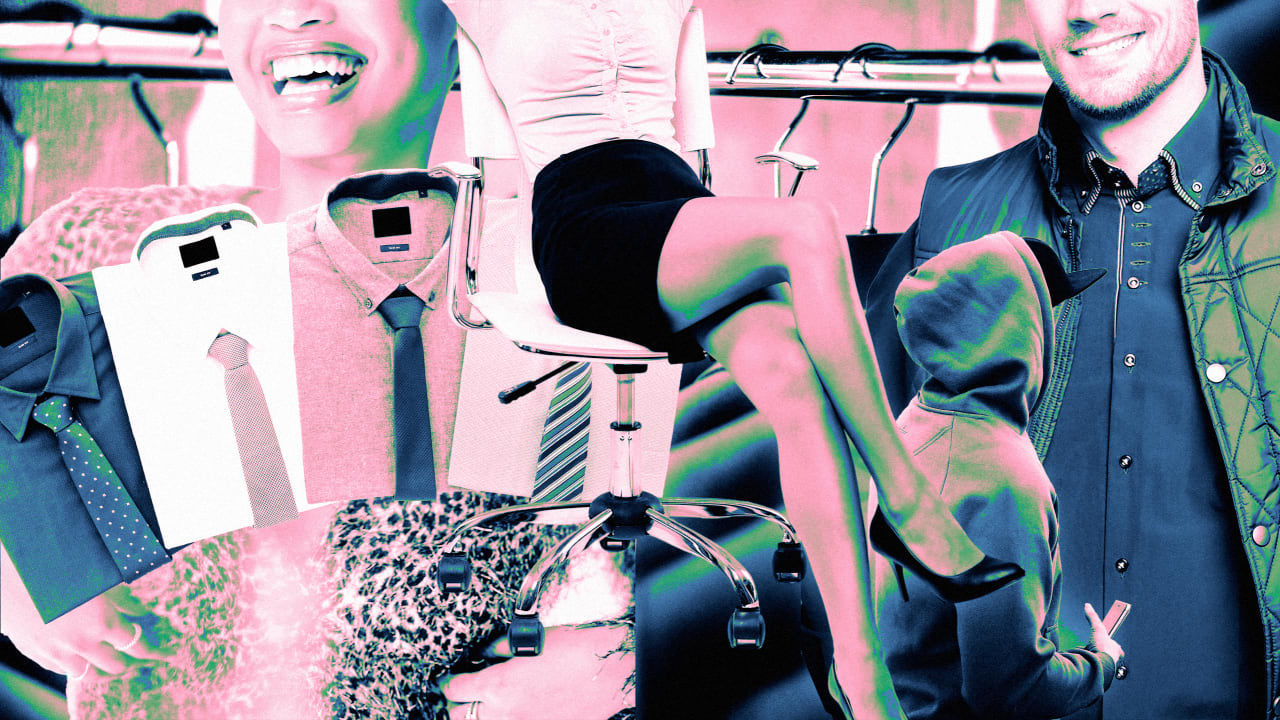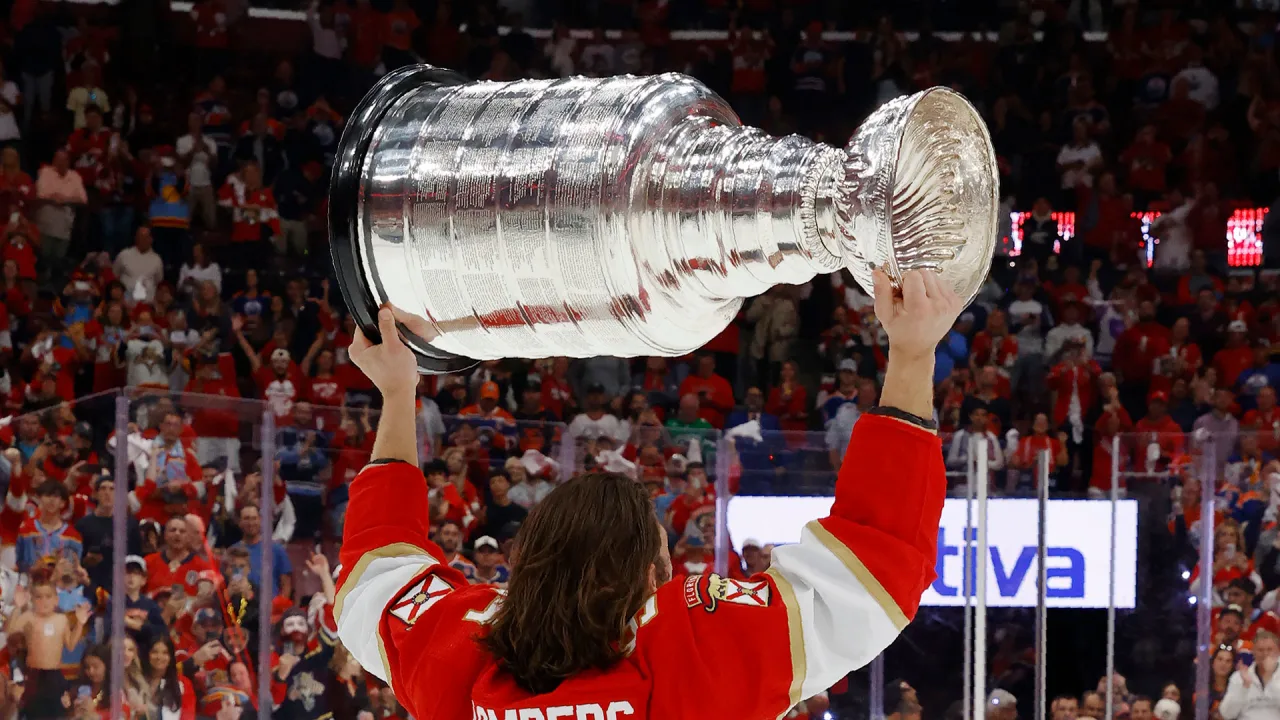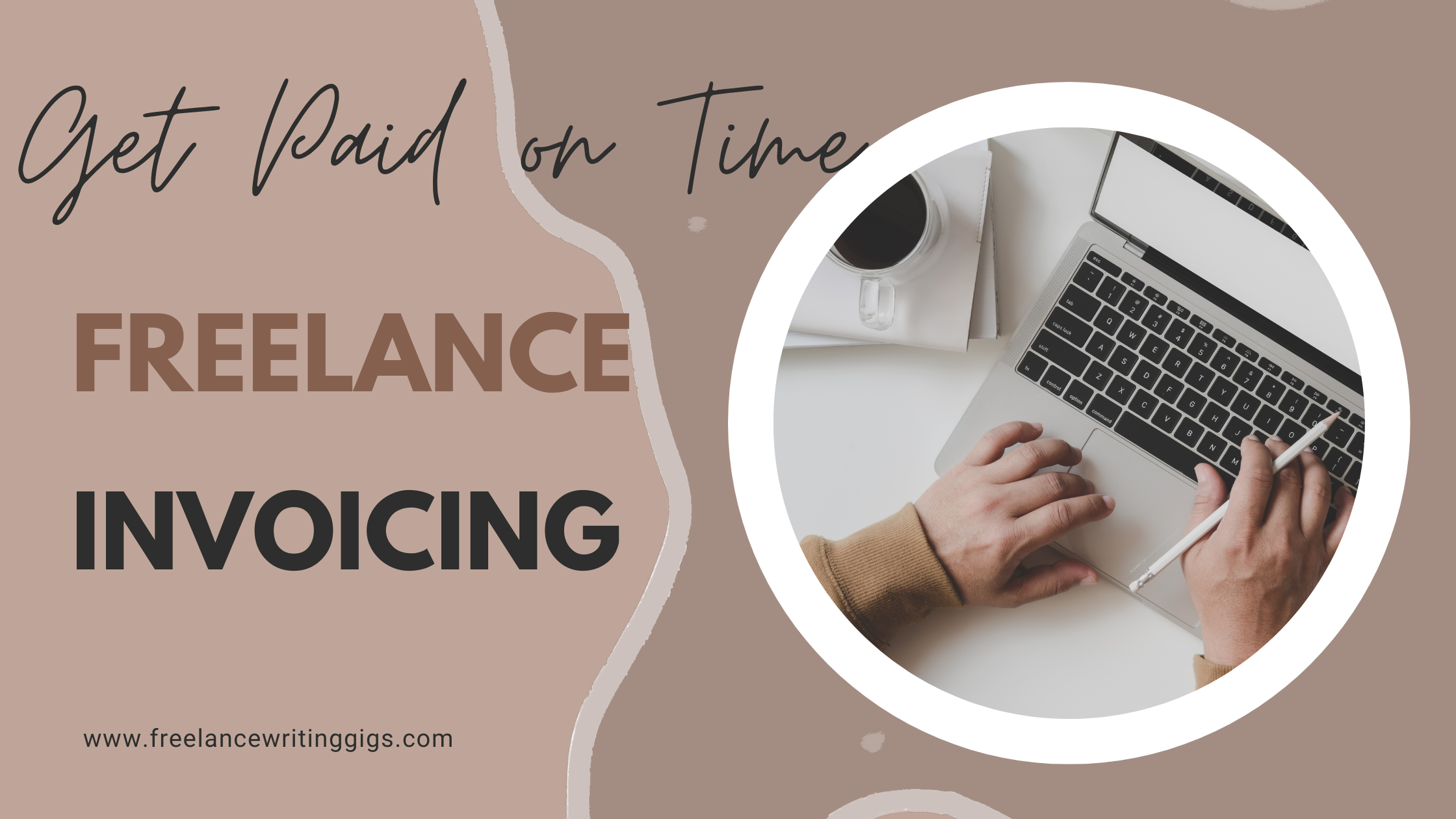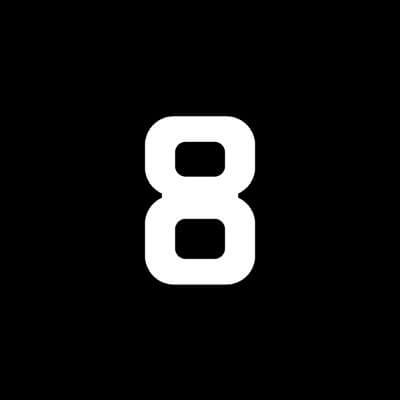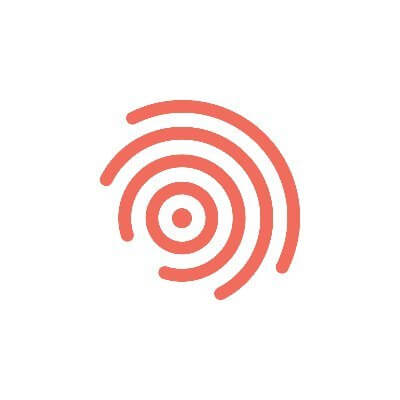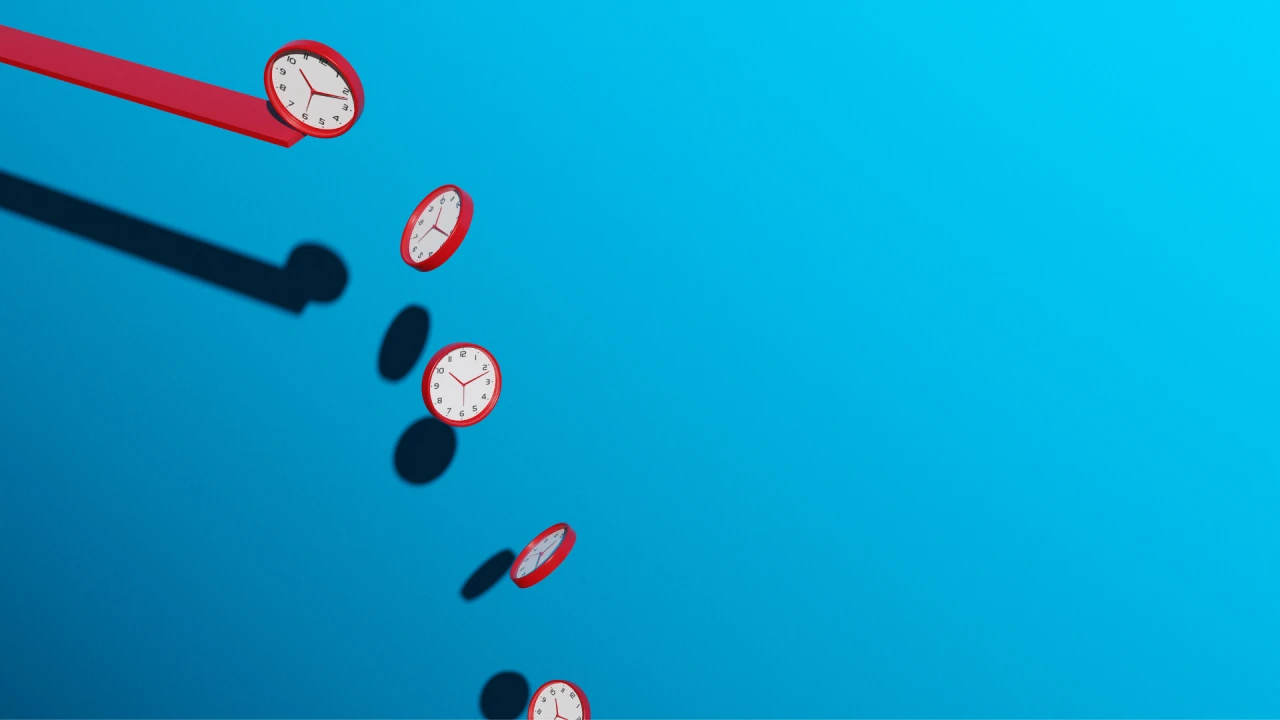Tom Brady explains how the best entrepreneurs make things look simple
Tom Brady’s post-football career has been as methodical as his two-minute drill, and arguably more lucrative. The seven-time Super Bowl champion has systematically built a business empire spanning wellness (TB12), apparel (Brady Brand), and media (Religion of Sports), among other things, along with ownership stakes in the Las Vegas Raiders and Birmingham City FC. And then, of course, there’s the 10-year, $375 million deal he signed in 2024 to serve as lead NFL analyst for Fox Sports. Now he’s adding another vertical to his portfolio: organic snacks. GOAT Gummies, Brady’s latest venture, launched this week exclusively with instant-delivery company Gopuff. The organic, vegan gummies represent Brady’s characteristic obsession with optimization—this time applied to what he calls “better for you” indulgences. Brady, who is also an investor in Gopuff, worked directly with the product team to refine the gummies’ flavors, perfect their textures, and ensure the product aligns with his TB12 philosophy of plant-based, organic nutrition that made him a freakishly effective athlete well into his forties. Brady sat down with Fast Company to discuss his latest venture, his new life as an investor and entrepreneur, and his strategic process for vetting new opportunities. The interview has been edited and condensed. First things first: Why gummies, and why Gopuff? How did this collaboration come about? I originally started using Gopuff when I moved to Florida and got introduced to the two guys who started the company on a Zoom call during COVID. I love what they’ve created, and now they’ve become friends. I’ve learned that this business is crowded and you need things that really cut through, and I like partnering with smart, forward-thinking people, and everyone at Gopuff is that. So we said we wanted to create some products, I looked at things that I enjoy, and I enjoy gummies. I’m very intentional about what I put in my body, even in retirement. So it came down to creating a healthier option. What can my kids eat? What can their friends eat when they come over? So we started with these gummies. Hopefully, there will be other products in the future. How has your approach to evaluating business opportunities evolved, and what’s your due diligence process now? I still love sports. I still love hard work and that “no take no prisoners” mindset. I love that. But I had to create that specific lifestyle because I was a professional athlete and my body was my asset. Now I’ve realized that not a lot of people want to live the way I live. So now I want to make people just a little bit better. How can we make things that are a little bit better for you, that taste good, that are sustainable? If you want to be a little bit healthier, let me give you options. If you want to have a better health product—whether that’s something to drink or something to eat—we’re going to do that. What do you remember from your Merrill Lynch internships during college, and how did that early business experience shape your philosophy as a businessman and entrepreneur? I worked 10-hour days at Merrill Lynch. I’d sit in on financial product meetings and I would make mock portfolios and track them. Every day, I thought, Man, I’m going to get into business if this football thing doesn’t work out. I do believe that if I were focused on business 23 years ago, I could have been pretty good at that as well. I’m very fortunate that football worked out, but I think the same traits really apply. You’ve got to work hard. You need discipline. You’ve got to double down on the fundamentals. You’ve got to have the right amount of EQ and IQ. You have to be resilient. You’ve got to find ways to outlast the competition. That’s sports, but that’s also business. What are the biggest lessons you’ve learned about entrepreneurship from the many successful people you’ve met over 25 years? I feel like I’ve been fortunate over a long period of time to meet so many different people from so many walks of life. I love people who have visions and operate with great communication. I think all great entrepreneurs are great teachers who make things as simple as possible for people to understand. It’s easy to make things complicated. The best entrepreneurs make things simple. What’s been the most challenging part of transitioning from football to managing multiple business ventures in “retirement”? I think organizing the day and being very efficient with the day. When you don’t have the structure of the game, it’s a little more challenging. Being a couple of years out now from playing, I have a little bit better structure. I’m going to build out an office. I’ve got a great team of people who can actualize a lot of the vision that we set forth. What’s constantly in my brain is . . . trying to make things simpler for myself, too. Because now in broadcasting, when you’ve got 30 million people watching, you need to be as simple as possible, but
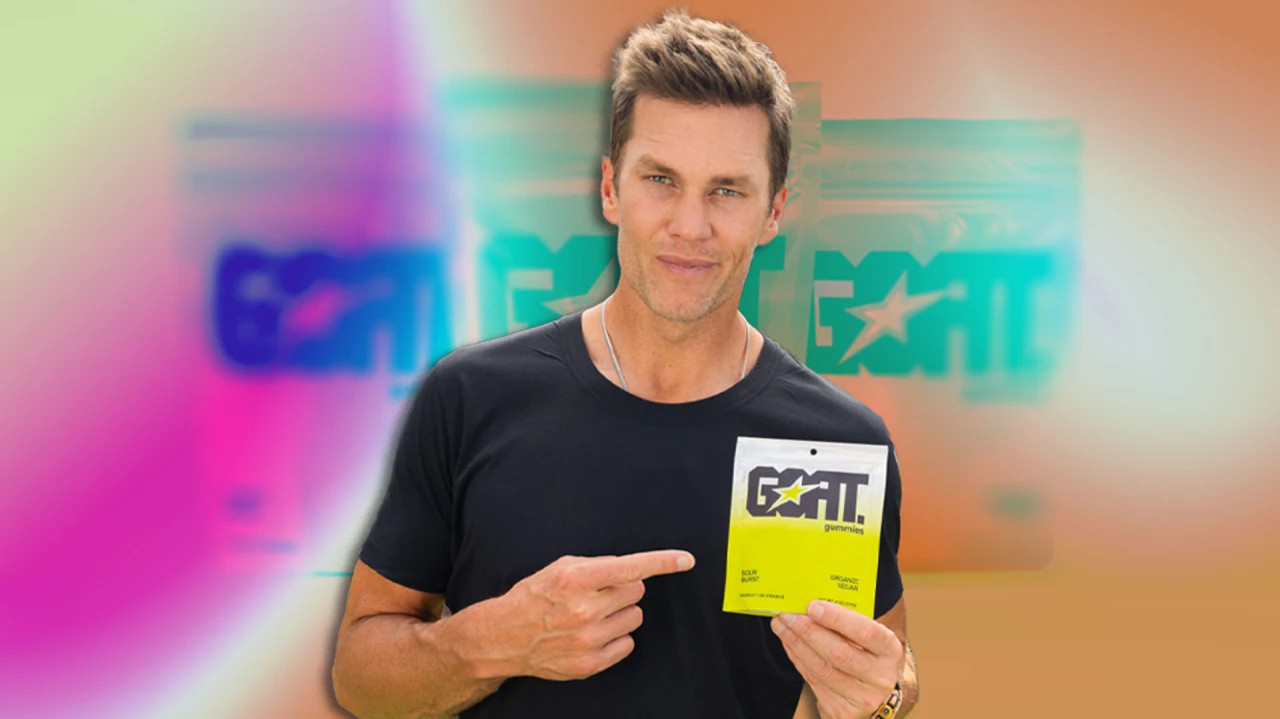
Tom Brady’s post-football career has been as methodical as his two-minute drill, and arguably more lucrative. The seven-time Super Bowl champion has systematically built a business empire spanning wellness (TB12), apparel (Brady Brand), and media (Religion of Sports), among other things, along with ownership stakes in the Las Vegas Raiders and Birmingham City FC.
And then, of course, there’s the 10-year, $375 million deal he signed in 2024 to serve as lead NFL analyst for Fox Sports.
Now he’s adding another vertical to his portfolio: organic snacks.
GOAT Gummies, Brady’s latest venture, launched this week exclusively with instant-delivery company Gopuff. The organic, vegan gummies represent Brady’s characteristic obsession with optimization—this time applied to what he calls “better for you” indulgences.
Brady, who is also an investor in Gopuff, worked directly with the product team to refine the gummies’ flavors, perfect their textures, and ensure the product aligns with his TB12 philosophy of plant-based, organic nutrition that made him a freakishly effective athlete well into his forties.
Brady sat down with Fast Company to discuss his latest venture, his new life as an investor and entrepreneur, and his strategic process for vetting new opportunities.
The interview has been edited and condensed.
First things first: Why gummies, and why Gopuff? How did this collaboration come about?
I originally started using Gopuff when I moved to Florida and got introduced to the two guys who started the company on a Zoom call during COVID. I love what they’ve created, and now they’ve become friends. I’ve learned that this business is crowded and you need things that really cut through, and I like partnering with smart, forward-thinking people, and everyone at Gopuff is that. So we said we wanted to create some products, I looked at things that I enjoy, and I enjoy gummies. I’m very intentional about what I put in my body, even in retirement. So it came down to creating a healthier option. What can my kids eat? What can their friends eat when they come over? So we started with these gummies. Hopefully, there will be other products in the future.
How has your approach to evaluating business opportunities evolved, and what’s your due diligence process now?
I still love sports. I still love hard work and that “no take no prisoners” mindset. I love that. But I had to create that specific lifestyle because I was a professional athlete and my body was my asset. Now I’ve realized that not a lot of people want to live the way I live. So now I want to make people just a little bit better. How can we make things that are a little bit better for you, that taste good, that are sustainable? If you want to be a little bit healthier, let me give you options. If you want to have a better health product—whether that’s something to drink or something to eat—we’re going to do that.
What do you remember from your Merrill Lynch internships during college, and how did that early business experience shape your philosophy as a businessman and entrepreneur?
I worked 10-hour days at Merrill Lynch. I’d sit in on financial product meetings and I would make mock portfolios and track them. Every day, I thought, Man, I’m going to get into business if this football thing doesn’t work out. I do believe that if I were focused on business 23 years ago, I could have been pretty good at that as well. I’m very fortunate that football worked out, but I think the same traits really apply. You’ve got to work hard. You need discipline. You’ve got to double down on the fundamentals. You’ve got to have the right amount of EQ and IQ. You have to be resilient. You’ve got to find ways to outlast the competition. That’s sports, but that’s also business.
What are the biggest lessons you’ve learned about entrepreneurship from the many successful people you’ve met over 25 years?
I feel like I’ve been fortunate over a long period of time to meet so many different people from so many walks of life. I love people who have visions and operate with great communication. I think all great entrepreneurs are great teachers who make things as simple as possible for people to understand. It’s easy to make things complicated. The best entrepreneurs make things simple.
What’s been the most challenging part of transitioning from football to managing multiple business ventures in “retirement”?
I think organizing the day and being very efficient with the day. When you don’t have the structure of the game, it’s a little more challenging. Being a couple of years out now from playing, I have a little bit better structure. I’m going to build out an office. I’ve got a great team of people who can actualize a lot of the vision that we set forth. What’s constantly in my brain is . . . trying to make things simpler for myself, too. Because now in broadcasting, when you’ve got 30 million people watching, you need to be as simple as possible, but you still need to educate. The entrepreneurial mindset helps because it really comes down to, How can I explain things in the simplest way possible to get my point across?
If you were starting over today as an entrepreneur, where do you see the biggest opportunity for impact?
I think I can make the most impact in leadership training, mentality, overcoming adversity, teaching resilience—all the things that make people successful. How do you find success in your life? Well, first you have to visualize it and you have to create a plan. You need to have discipline around that. How can we get people with great mindsets who are resilient in whatever business they’re in to overcome whatever adversities they’re going to face so that they can actualize their potential? How can they reach their dreams, and how can I play a role in helping them do that?
One of my idols was Steve Young, and he always says, “Make sure you pay it forward.” I’ve been so fortunate to have people come into my life to teach me at very important times. So now it’s like, How do I take the lessons I learned and give back? How do I pay it forward? That’s what I love.
What’s the message you teach when you’re out there paying it forward?
I have a certain standard, and it’s no bullshit. People don’t get better by doing nothing. You don’t sit around your couch, wasting your time, bitching about other people. That ain’t gonna work. Get off your ass. Go do something. Find something you love to do, and work hard at it. No excuses, no bullshit. Keep grinding. Find a way.


